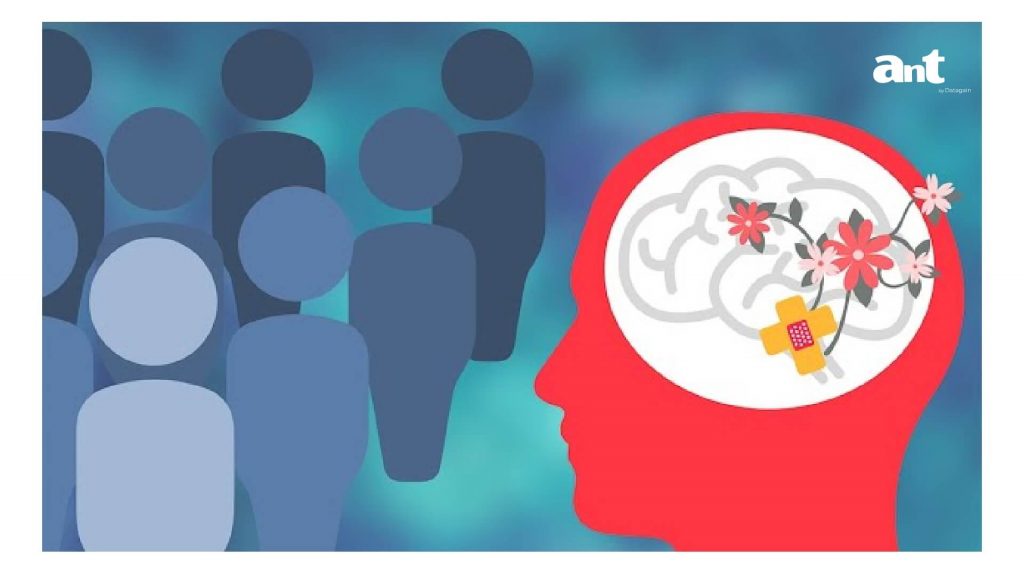
Home » Transcript Library » Psychology » Introduction to Psychology Transcript
Introduction to Psychology Transcript
Speaker spk_0 00:00:00
He knows a lot about the science stuff. Professor Dave Explains.
Professor Dave 00:00:06
In the Biopsychology series, we took a deep dive into the human brain. We talked about the structure of
the brain as well as the process by which specialized cells called neurons transmit information throughout
the body via action potentials and neurotransmitters. We learned how our senses gather information from
the surrounding environment and how the brain makes sense of that information to give us our perception
of the world we live in. We explored how the brain controls our behavior throughout our lives, from eating
to sleeping and everything in between. We even talked about what it means for our brains to be
conscious. But as detailed as this endeavor was from the standpoint of anatomy and physiology, there's a
lot more to talk about when considering how the mind itself works. Beyond elucidating the biological and
chemical processes that govern our brains and our lives, we want to understand how our thoughts,
feelings, and desires affect our behaviors. To do this, we must enter the realm of psychology.
00:01:13
Psychology is the study of the mind and how it functions. This is not the same as the brain. The brain is
an organ. It is the physical place where the mind resides. Your mind is the part of you that lets you think,
feel, imagine, and be aware of things. Psychologists are particularly interested in how the mind affects our
behavior often without us even knowing it. Is the way you view yourself different from how you view
others? What is personality and can it change? Can we always trust that what our brains tell us is real?
Why do we laugh? What is morality and why are some decisions considered moral while others aren't?
Why are people superstitious? These are all questions that psychologists study and this is precisely what
we are going to explore in this series.
00:02:07
Now, although we won't necessarily focus on the brain in this series, it will still play an important role in
our understanding of psychology. You see, psychologists often study indirect uncountable things. For
example, how do you measure a thought or emotion? To get around this problem, psychologists draw on
their understanding of the brain as a way to investigate the working of the mind. Knowing exactly what the
brain is doing when you feel an emotion can help psychologists better understand how the mind works.
00:02:40
Just like psychologists, we will also touch upon what we learned about the brain in the Biopsychology
series as well as the Anatomy and Physiology series in order to better understand some psychological
processes. As we move along, we will briefly refresh some basic information but to get the most out of
this series, it is highly suggested that you gather this prerequisite knowledge first so that everything we
talk about here will be rooted in the proper context. Or, if you prefer a route that is slightly less time
consuming, you can always click on the cards that appear in the top right corner of the screen when these
topics are mentioned, as they will link to an existing tutorial that explains that particular topic in more
depth.
00:03:24
As we explore the subject of psychology, we will learn about how the mind works. We will begin with a
brief history of psychology and explore how it has changed from the time of the Ancient Greeks until now.
We will discuss methods that psychologists use to study the mind even though it is not something you
can physically measure. We will talk about how your mind can change your perception of things and how
your thoughts, emotions, and desires affect your behavior, often unconsciously. We will spend time
thinking about how we think about ourselves, how we think about others and how certain situations can
change these perceptions. We will learn the psychology behind things we experience every day and
ultimately, what makes us happy. By the end of this series, you will have a much better understanding of
the way your mind functions, how it affects your behavior and even some ways of improving your life
through a study of the mind. So let's dive right in and learn some psychology.
00:04:26
Thanks for watching. Subscribe to my channel for more tutorials. Support me on Patreon so I can keep
making content. And as always, feel free to email me.
Copyright Disclaimer
Under Title 17 U.S.C. Section 107, allowance is made for “fair use” for purposes such as criticism, comment, news reporting, teaching, scholarship, and research. Fair use is permitted by copyright statute that might otherwise be infringing.






